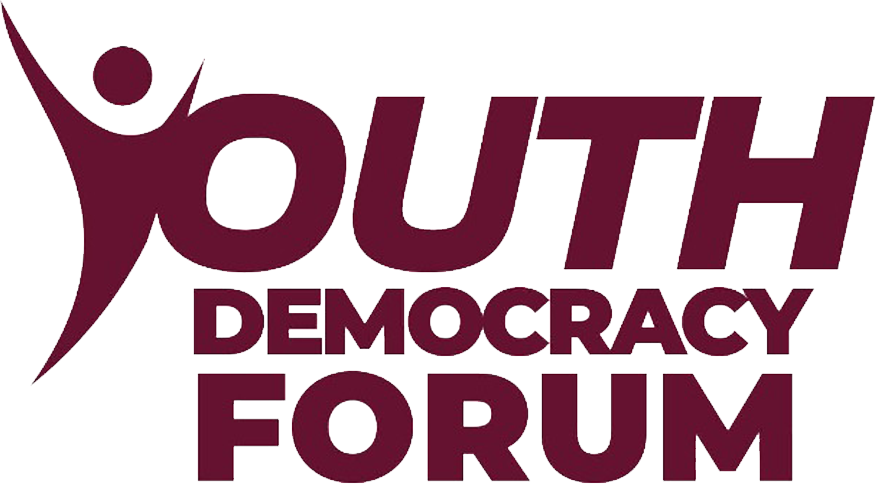- by Admin
- February 12, 2024
Click the link below to join Our WhatsApp group for daily brief on current trends in the country.
Join Here!
Loading

The third edition of the Youth Democracy Forum, held at the University of Ghana Legon Campus was centered on “Deepening Youth Participation in the Democratic Process.”
The forum featured a panel discussion with esteemed panelists including Professor Seidu Alidu, Head of the Political Science Department at the University of Ghana; Justice Alor, Speaker of the University of Ghana Parliament House; Lucile Hewlett Annan, Commission Secretary of the National Commission for Civic Education (NCCE); and Ferdinand Fosu-Blankson, Editor-In-Chief of the Graduate Students Association of Ghana (GRASAG).
Lucile Hewlett Annan emphasized that the youth are not marginalized simply because they are not at the top of the hierarchy.
She stressed the importance of preparedness, urging young people to train and build their capacity by taking up leadership roles in their churches, communities, and schools.
Professor Seidu Alidu pointed out that cultural mindsets in Ghana often diminish the right of young people to speak.
He argued that it is considered immoral for young individuals to speak while adults are talking, highlighting the need to reinvent cultural stereotypes against youth.
He called for modernization of cultural practices and alignment of grievance channels with the needs of the youth, urging duty bearers to address young people’s complaints effectively.
Ferdinand Fosu-Blankson noted that young people often feel disempowered, believing that those in power should do the work.
He warned that youth have been manipulated to serve the interests of those in authority instead of focusing on their own. He stressed that in current democratic structures, those with power wield the most influence and encouraged young people to fight for their voices to be heard.
Justice Alor also highlighted the role of civil society organizations like the Center for Democratic Development (CDD) and the Center for Development Studies (CDS) in ensuring that the voices of young people are amplified. He urged the youth to recognize that their future starts today, and to actively engage in the democratic process.
The forum underscored the critical need for increased youth involvement in democratic governance, calling for systemic changes and cultural shifts to empower the younger generation.

Click the link below to join Our WhatsApp group for daily brief on current trends in the country.
Join Here!
0 Comments: